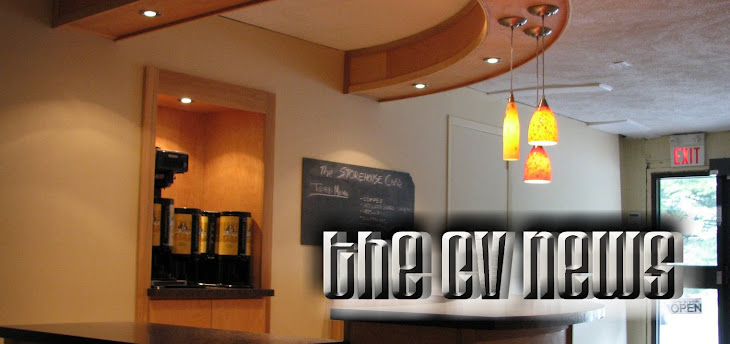I have republished here a blog by Jason Clark. Jason is a Vineyard pastor in the UK and a theologian. He often makes very interesting assessments on the Emerging Church from a Vineyard perspective. I think it is interesting to see here his analysis of the British Vineyard Movement as we are in Canada making some interesting transitions as well. Take a look. You can find Jason at deep church.
rob
By Jason Clark
7 Feb 2010
Over the last week, we have had a lively discussion here with the post ‘is there any move left in the movement’, prompted by my reflections on a talk by Caleb Maskell.
In that post I promised some follow up, one of which was to review Caleb’s analysis of the vineyard movement , and future possibilities in more detail.
So starting here, I offer an outline of what I heard Caleb say, and then I’ll post some of my questions and reflections in a follow up post.
1. Transition: The vineyard is in transition, moving from a ‘renewal movement’ to a ‘church movement. A movement that renewed the church at large, but that now needs to become a movement of disciple making, and this transition has been and is still, a painful one.
2. Pruning: Caleb drew on some bible passages much used by the Vineyard itself (e.g Isaiah 61), to frame this process as part of season, and the wintering of the Vineyard and a time of pruning that has been taking place, for the necessity and before the possibility of new growth. Things that used to work don’t any more, and many of us in vineyard might be asking if we are a branch that has been cut off.
3. Choice: As a movement we can pursue more extreme forms of renewal and revival, for our orientation, but need to bear in mind the revivals our movement prophesied that didn’t happen, and perhaps instead explore the move to be a ‘church movement’
4. Causes of the Vineyard Wintering:
a. Toronto: The realisation that renewal is not an end in itself no matter how much some of us enjoyed it. The Toronto blessing and the Toronto Vineyard Church, was the moment the Vineyard really went global as a renewal movement amongst a renewal movement. Yet this most famous of vineyard churches stopped being a vineyard church, and the promised revivals didn’t come to pass.
b. Evangelicalism under question: The Evangelicalism that Vineyard based itself on came under fire, with questions from the Emerging Church, about authority, bible, worship, evangelical culture, and rightly so. This rocked the boat of the church in the US and UK. The Vineyard movement didn’t have the institutional gears to respond to this, no matter how much it new the questions were important.
c. Moral Failure: The burn out and major moral failings of some of our most well known leaders, has been ongoing, and a large cause of the pruning and pain.
d. Next generation: The first generation of kids have grown up in the vineyard, and made us consider more directly the questions they are asking about church and faith. This raises the needs for a sense of formation over time and not just in the moment. A church ‘renewal’ is in the moment, whereas a ‘church movement’ looks for things over time, and formation, for practical wisdom alongside the immediacy of the prophetic.
5. Silence not judgment: Seasons of pruning are best met, at least initially, with silence not judgment. Like the feeling of visiting a graveside or ending a marathon, wintering seasons bring a combination of joy and pain, victory and defeat is not easily distilled. But we must bear its weight and we must learn from it. We ignore its lessons at our peril. We are coming into a new season of spring, but we must come with more maturity, with the wisdom born of our suffering.
6. Hope: That hope is that we have the tools, but we must begin to ask the hard questions that arise, for building a movement that makes disciples. There are things to think about theologically and practically, to think these through, and of how we are forming our theological imaginations.
Subscribe to:
Post Comments (Atom)




This is good Rob, thanks. It's good to be reminded that we are part of something larger...we are not going through our own situation in isolation. It's not 'just us.'
ReplyDelete